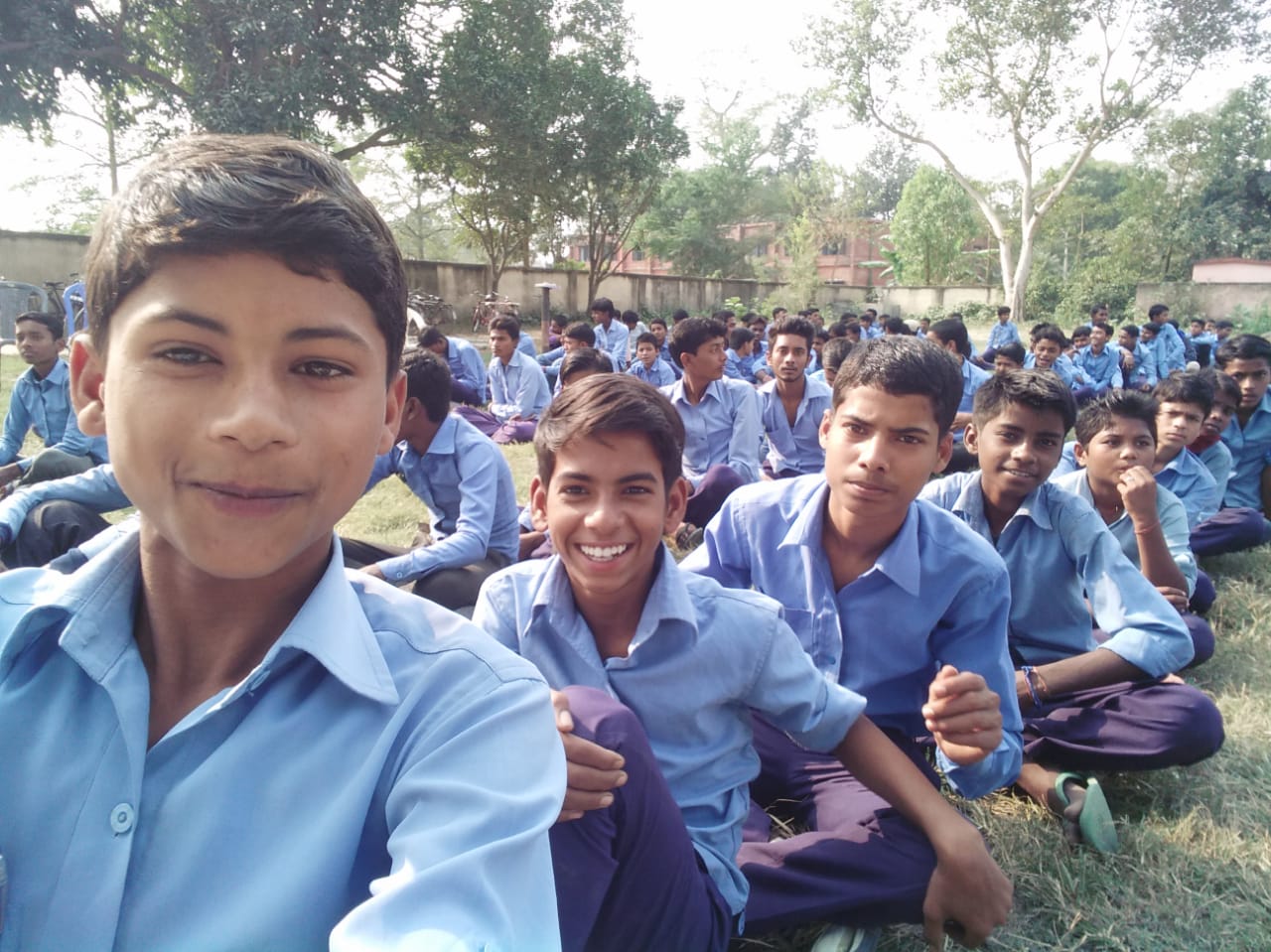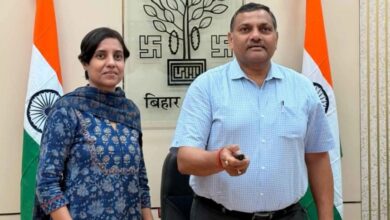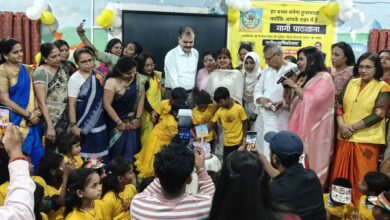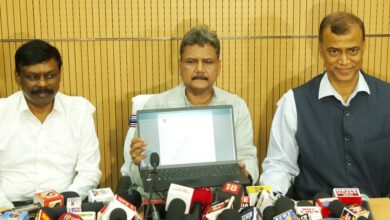New Education Policy: 10+2 structure of schooling to be replaced by 5+3+3+4

The Union Cabinet chaired by Prime Minister Narendra Modi on Wednesday approved a new education policy that seeks to bring transformational reforms in both school and higher education system.
Under the new policy called National Education Policy 2020, the 10+2 structure of school curricula will be replaced by a 5+3+3+4 curricular structure corresponding to ages 3-8, 8-11, 11-14, and 14-18 years respectively.
This will bring the hitherto uncovered age group of 3-6 years under school curriculum, which has been recognised globally as the crucial stage for development of mental faculties of a child. The new system will have 12 years of schooling with three years of Anganwadi/ pre-schooling.
Under the new system students will have increased flexibility and choice of subjects. There will be no rigid separations between arts and sciences, between curricular and extra-curricular activities, between vocational and academic streams.
One of the most important features of the new education policy is that the vocational education will start in schools from the 6th grade. This will include internships.
A new and comprehensive National Curricular Framework for School Education, NCFSE 2020-21, will be developed by the NCERT, according to an official statement released after the union cabinet meeting.
The medium of instruction till Grade 5 will be mother tongue. It includes local and regional languages.
Sanskrit will be offered at all levels of school and higher education as an option for students, including in the three-language formula. Other classical languages and literatures of India also to be available as options.
No language will be imposed on any student. Students to participate in a fun project/activity on ‘The Languages of India’, sometime in Grades 6-8, such as, under the ‘Ek Bharat Shrestha Bharat’ initiative. Several foreign languages will also be offered at the secondary level.
Indian Sign Language (ISL) will be standardised across the country, and National and State curriculum materials developed, for use by students with hearing impairment.
The new policy once approved by the Parliament will replace the thirty-four year old National Policy on Education (NPE), 1986.
Assessment
The new policy envisages a shift from summative assessment to regular and formative assessment, which is more competency-based, promotes learning and development, and tests higher-order skills, such as analysis, critical thinking, and conceptual clarity.
All students will take school examinations in Grades 3, 5, and 8 which will be conducted by the appropriate authority. Board exams for Grades 10 and 12 will be continued, but redesigned with holistic development as the aim. A new National Assessment Centre, PARAKH (Performance Assessment, Review, and Analysis of Knowledge for Holistic Development), will be set up as a standard-setting body .
Accreditation for School Education
There will be separate systems for policy making, regulation, operations and academic matters. States/UTs will set up independent State School Standards Authority (SSSA).
Transparent public self-disclosure of all the basic regulatory information, as laid down by the SSSA, will be used extensively for public oversight and accountability. The SCERT will develop a School Quality Assessment and Accreditation Framework (SQAAF) through consultations with all stakeholders.
Universal Access to School Education
The National Education Policy 2020 emphasises on ensuring universal access to school education at all levels – pre school to secondary. Infrastructure support, innovative education centres to bring back dropouts into the mainstream, tracking of students and their learning levels, facilitating multiple pathways to learning involving both formal and non-formal education modes, association of counselors or well-trained social workers with schools, open learning for classes 3,5 and 8 through NIOS and State Open Schools, secondary education programmes equivalent to Grades 10 and 12, vocational courses, adult literacy and life-enrichment programme are some of the proposed ways for achieving this.
About 2 crore out of school children will be brought back into mainstream under NEP 2020.




